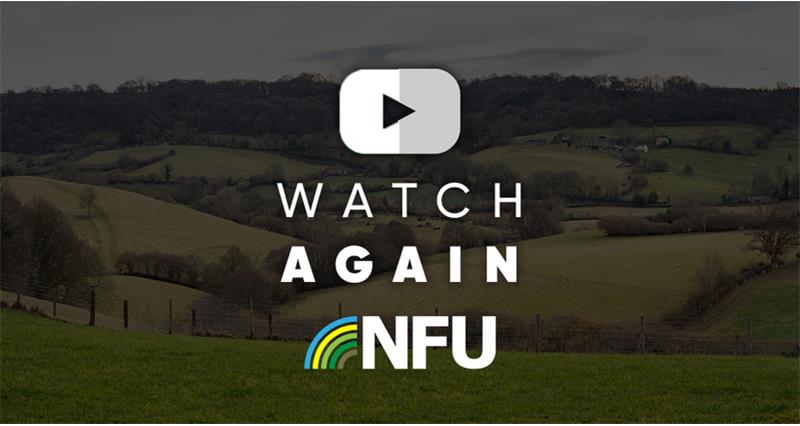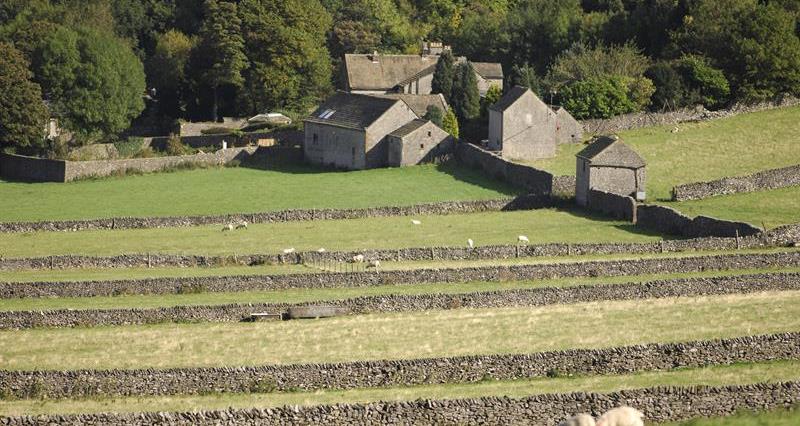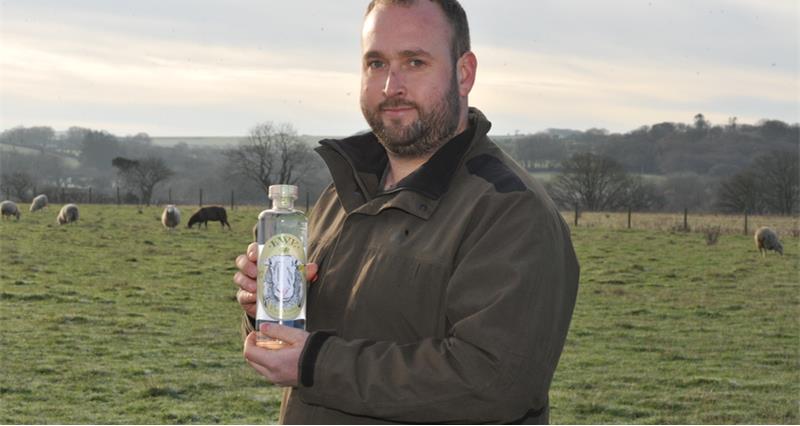This follows recommendations made in the Rock Review, which looked at the viability of tenant farming in England.
Encouraging better working relationships
The new call for evidence aims to seek views from across the sector on areas where poor practice may have occurred and to establish how tenants, landlords and advisors can foster more collaborative, working relationships.
Defra also aims to measure the effectiveness of the current avenues available to log complaints on poor practice. It is looking to examine the potential role of an independent tenant farming commissioner, who would scrutinise the goings on in the sector and promote good codes of practice.
The call for evidence is open for industry trade organisations and professional bodies representing the views and interests of tenant farmers, landlords and professional advisors, for 12 weeks until 8 February 2024.

Watch again: Tenant farmers – call for evidence
The NFU will be responding to the call for evidence on behalf of tenant farmer members. Find out more: Tenant farmers inquiry – share your views on working relationships.
Launch of call for evidence ‘positive’
More than 60% of England’s farmed area is managed by tenant farmers, meaning the sector plays a pivotal role in producing food for the nation and growing the rural economy.
NFU Tenants Forum chair John Marland said he welcomes the call for evidence that Defra have announced, saying it was good that they are keen to work with the industry to address concerns.
He added: “It is also encouraging that Defra wants to look at new mechanisms to try and address issues within the sector such as a Code of Practice and exploring the role of a Tenant Farmer Commissioner.
“It is important now that government takes note of the information they receive from industry and act on it promptly.”
Commenting on the launch of the call for evidence, Farming Minister Mark Spencer said it was a “further important step forward” in driving change towards the tenanted sector.
More from NFUonline:

Tenant farmer inquiry – see how we are representing the tenanted sector


